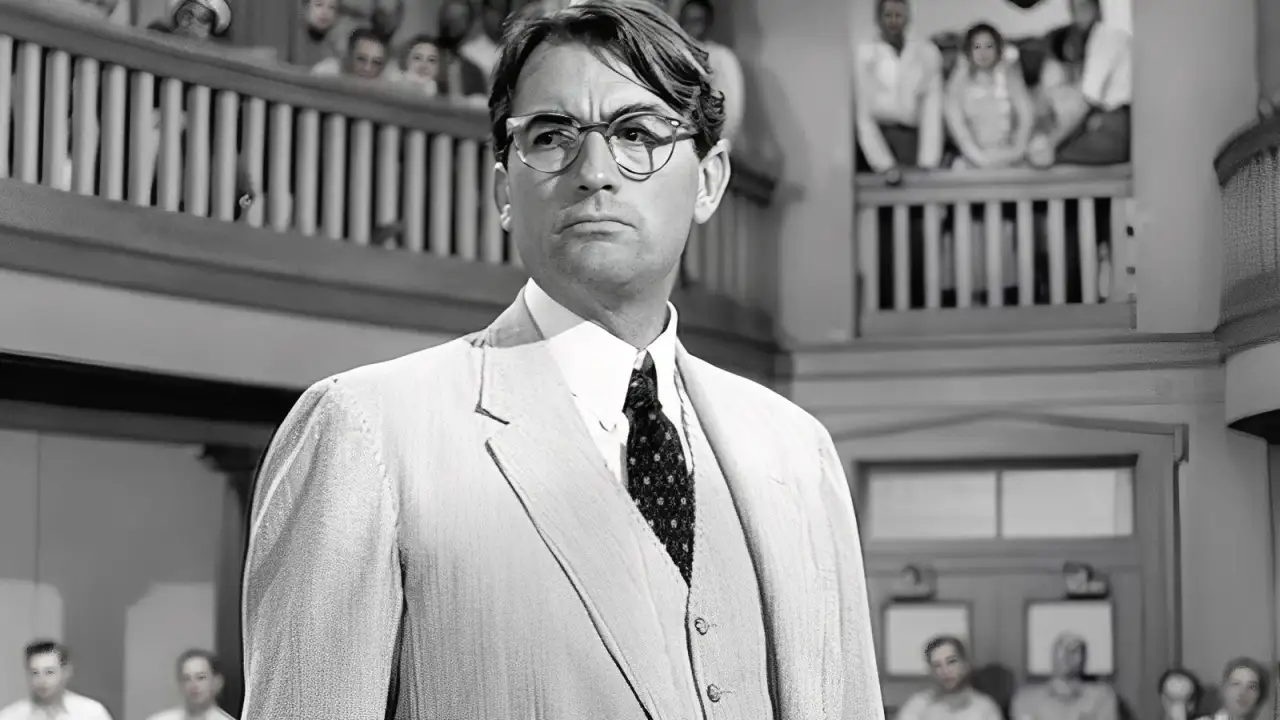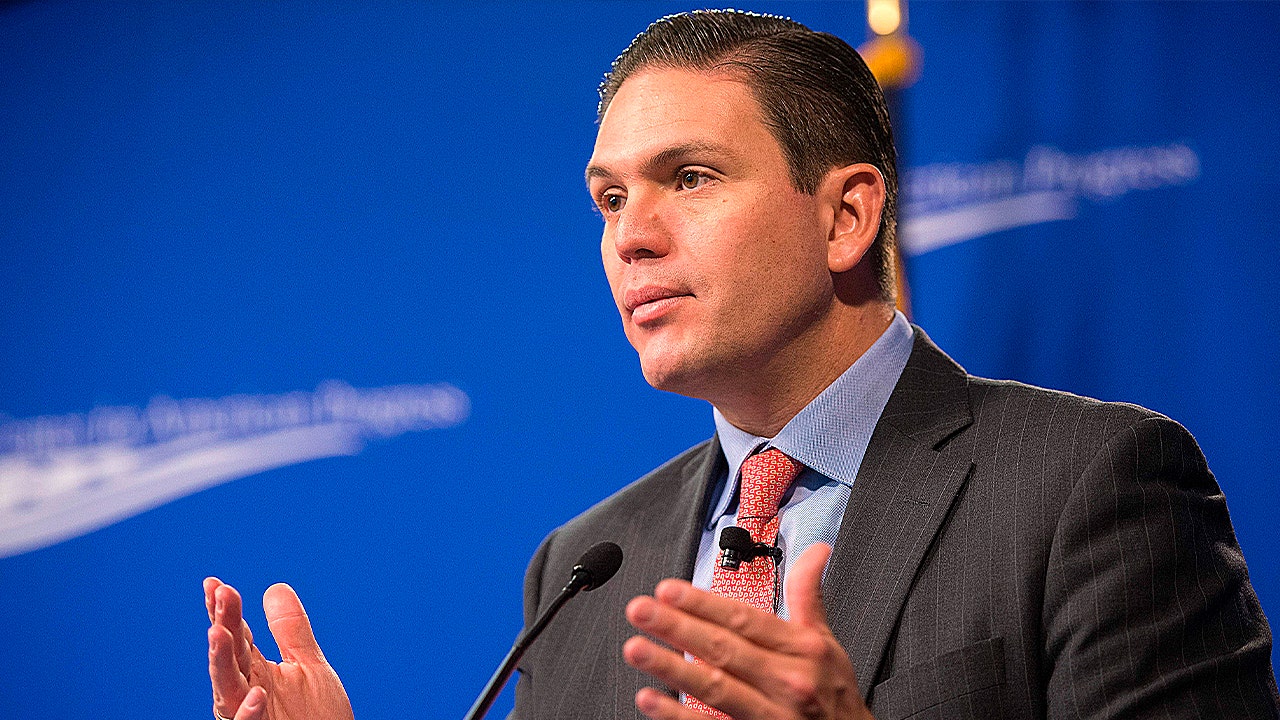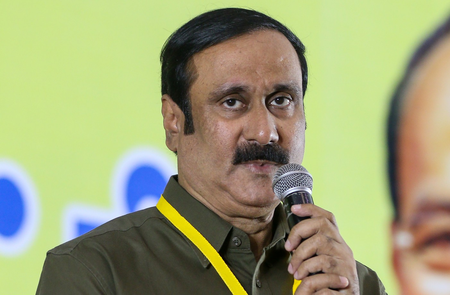Copyright timesnownews

There are few characters in literature who embody integrity as completely as Atticus Finch. Decades after Harper Lee first introduced him to readers in 'To Kill a Mockingbird,' Atticus continues to represent a quiet kind of heroism, the strength to do what is right even when the world rewards silence. His calm defiance, measured compassion, and moral clarity have made him not just a character in a book, but a symbol of conscience itself. Also Read: Character Spotlight: How Firdaus in 'Woman at Point Zero' Turns Her Trauma Into Her Final Truth A Man Defined by Principles, Not Applause In 1930s Alabama, where prejudice was woven into the social fabric, Atticus Finch stood apart. As a white lawyer defending Tom Robinson, a Black man falsely accused of raping a white woman, Atticus’s fight was never about victory in court. It was about preserving his sense of justice in a society that had long abandoned it. His refusal to bend to public opinion made him an outsider in his own community, yet that isolation became the truest measure of his courage. What sets Atticus apart is his refusal to moralise. He does not lecture his children about equality or tolerance; he lives those values daily. When he tells Scout, “You never really understand a person until you consider things from his point of view,” it is less a moral statement and more a philosophy for survival in a fractured world. The Moral Compass We Still Need In today’s world of polarised debates and quick outrage, Atticus’s restraint feels radical. He listens before he judges. He asks questions before taking sides. His empathy is not sentimental; it is disciplined, deliberate, and deeply human. That capacity to hold compassion and conviction together is why readers continue to look to him as a moral guide. Atticus Finch teaches that morality is not performance. It is consistency between thought and action. In an era when public virtue often feels performative, Atticus’s private integrity feels revolutionary. His sense of right and wrong is not dependent on consequence but on conscience, a distinction that feels especially relevant in modern conversations about justice and accountability. A Father First, a Lawyer Second One of the most poignant aspects of Atticus’s character is that his moral strength is revealed most vividly in his parenting. He does not shield Scout and Jem from the ugliness of racism or hypocrisy; he prepares them to see it clearly. The courtroom scenes may form the dramatic core of 'To Kill a Mockingbird', but the kitchen table conversations are where Atticus truly teaches. He raises his children to think rather than inherit opinions, to question rather than conform. In doing so, he offers a blueprint for moral education that transcends generations. He shows that kindness and courage are learned behaviours, modelled through patience and humility rather than force. Between Idealism and Reality Critics have long debated whether Atticus represents idealism or compromise. Some modern readings, especially after the publication of 'Go Set a Watchman', paint him as a product of his time — flawed, hesitant, and not immune to the prejudices of his generation. But that complexity only strengthens his relevance. It reminds readers that morality is not static; it must be chosen, examined, and sometimes redefined. Atticus’s humanity — his struggle between principle and practicality is what keeps him believable. He is not flawless, but he strives for goodness in a flawed world. That striving, rather than perfection, is the real essence of his moral power. More than sixty years after 'To Kill a Mockingbird' was published, classrooms still assign it not just for its story, but for its conscience. Atticus Finch remains a reminder that heroism can be quiet, empathy can be radical, and dignity can be resistance. Also Read: Character Spotlight: Why Sethe From 'Beloved' Carries Her Past Like a Ghost That Won’t Leave He does not save everyone. He does not win every battle. But he stands firm in a world that would rather he didn’t, and that, perhaps, is why he continues to feel indispensable. In the end, Atticus Finch reminds us that morality does not need applause. It needs endurance. He is not the hero who changes the world, but the one who refuses to let the world change him, and that is precisely why literature, and life, still need him.



